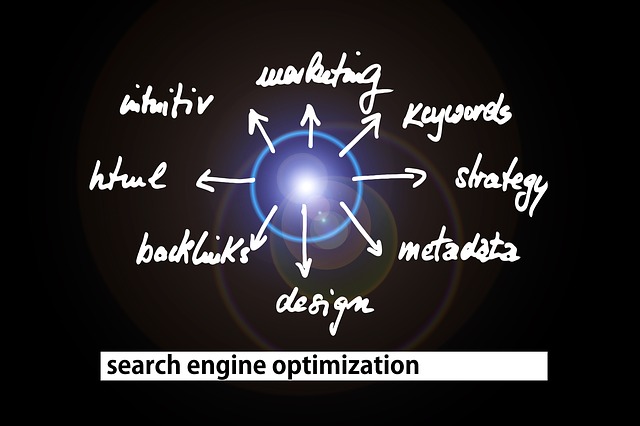Today, we’re going to talk about metadata. As you might already be aware, it’s basically the cornerstone of search engine optimization. Keywords and content aside, properly-optimized metadata is critical to your ranking efforts.
But what is it, exactly? In broad strokes, it’s intended to summarize content or describe elements on a webpage for the sake of search engine robots. It comes in a few distinctive flavors.
- Meta description. A brief explanation of a page’s content that occasionally appears on the Search Engine Results Page. Although meta descriptions aren’t likely used as a ranking factor,they can drive traffic to your page – they’re the first impression most users will have of it.
- Keywords. We’re only mentioning keywords here to say that they’re no longer used as a ranking factor by any search engine. It’s a field you shouldn’t bother filling out – instead, focus on working the keywords you want to target into the copy of your page.
- Title tags. By far the most important piece of metadata you’ll manage, title tags are essential to both your site’s rank and the experience it offers to end-users. A good title tag features the keyword or keyphrase for its page and gives users an idea of exactly what to expect if they click through.
- Header tags. Header tags are used to break up long-form content into more easily-digestible chunks. They’re more for usability and readability than SEO, though you can insert the occasional keyword in all the same (just do so sparingly).
- Image tags. These HTML elements display images on a page by identifying the URL where each image is hosted. They’re not really important for SEO – but the alt text that goes with them is, as it provides a short text description of the image for both users and search engines.
- Canonical tags. These ensure that, for websites that typically feature highly-similar pages, one page is identified as the ‘master copy.’ They’re essential to avoid being penalized for duplicate content.
- Schema. A relatively new concept as SEO is concerned, schema markup is a little too complicated for us to get into today. It’s basically a data markup scheme designed to help search engines better contextualize the relationship between different concepts, pages, and websites. We’ll discuss it in a bit more depth at a later date.
Higher visibility on the SERP. A better user experience. More accurate, effective indexing. These are just a few of the reasons metadata matters where your optimization efforts are concerned.
The good news is that, aside from schema (which, as mentioned, we’ll examine in greater depth in a later post), metadata is actually quite simple once you understand how it works. At the end of the day, it’s really just a matter of entering the right information. Bear that in mind, and it’s really not so intimidating at all.





